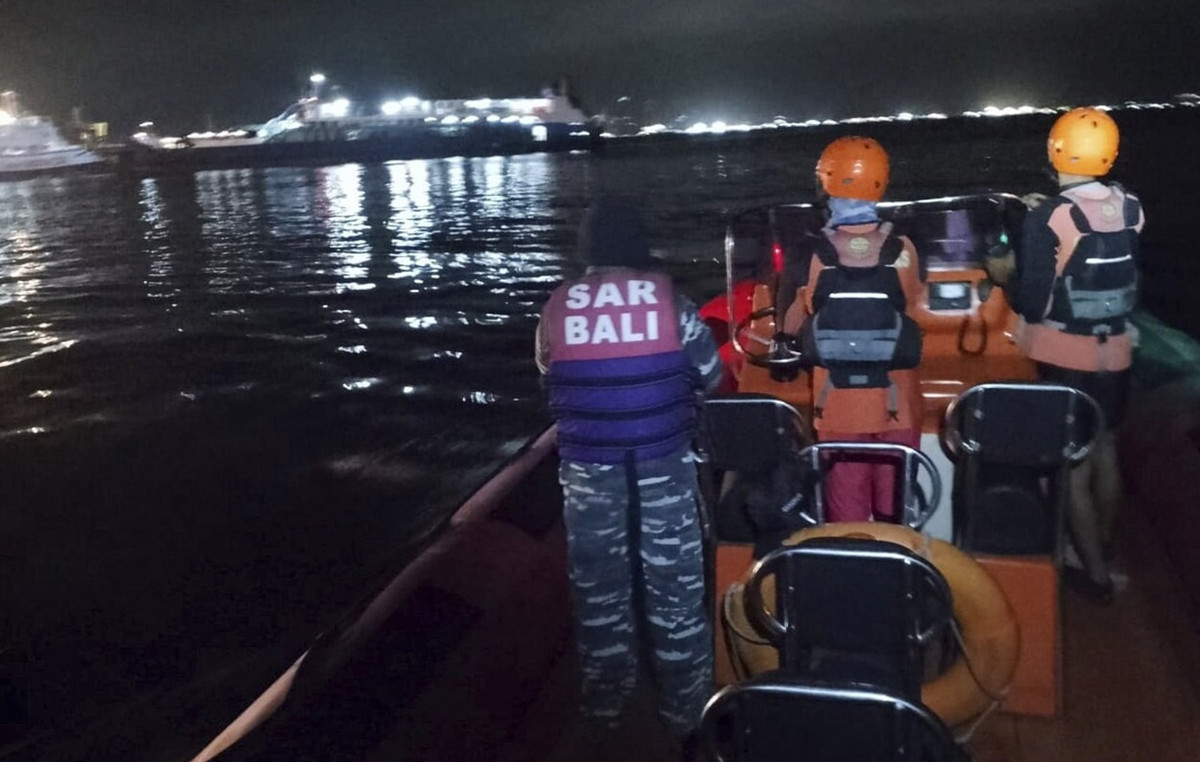Ukraine’s first grain shipments since the Russian invasion herald relief for squeezed global markets, but many challenges remain until the millions of tonnes of food stuck in the country are released.
Perhaps the biggest is the reluctance of shipowners to send their ships into harm’s way, as the waters are full of mines and Russia did not hesitate to strike the port of Odessa after the safe passage agreement was signed, Bloomberg reports. Officials with knowledge of the insurance market reported a wide range of numbers for the country’s cargo coverage, with most of the numbers looking prohibitive for the trade.
“The cost of insurance should be very high and without any government help it will be hard to find,” said Benoit Fayaud, an analyst at Strategie Grains in France. “It could be an issue to accelerate exports.”
The activity began with the ship Razoni, which headed to Lebanon earlier this week with 26,527 tonnes of corn. Three more ships departed from Ukraine’s Black Sea ports on Friday, and two ships are heading to the port of Chornomorsk from Turkey to pick up cargo.
Together that would make about 85,000 tonnes of exports in a week – a symbolic start, but less than 8% of the exports Ukraine usually sends at this time of year. Some quantities are also exported by road and rail, but in much smaller quantities than can be moved by sea. Wheat and corn prices have soared since the invasion, exacerbating food shortages in countries like Somalia that depend on Ukrainian farmers.
Vasilis Mougis, co-founder of Athens-based Doric Shipbrokers, said he has received inquiries this week about shipping grain from Ukraine to destinations such as Egypt, Turkey, China, Spain and Italy.
Insurers offer non-binding policies to shipowners with war risk rates ranging between 1% and 5% of the ship’s hull value, according to people involved in the market. In less dangerous areas, this coverage is often only a fraction of 1%.
In addition to insurance, ships stuck for months in the ports of Odessa, Chornomorsk and Pivdeni may need to be inspected and any defects rectified.
“There will be some exports through the Black Sea ports, but not as much, not as before at least,” Fayaud said. “It will take a long time to load the new ships.”
Standard operating procedures for the shipping lanes were close to being finalized and will be made public once agreed, a UN spokesman said on Monday.
Mougis estimates that activity in the Black Sea dropped by more than two-thirds after the war began, although Russia continued to export large quantities of grain from Novorossiysk and the Caucasus to the northeast. Black Sea ports saw around 20% more arrivals from Turkish- and Russian-owned vessels in the second quarter and 20% fewer visits from Ukrainian-owned vessels, according to data from Lloyd’s List.
No ships leaving Ukraine have yet been covered under insurer Ascot Group and insurance broker Marsh’s new grain and food insurance program for the country, Chris McGill, Ascot Group’s head of commodities, said on Wednesday.
Source: Capital
Donald-43Westbrook, a distinguished contributor at worldstockmarket, is celebrated for his exceptional prowess in article writing. With a keen eye for detail and a gift for storytelling, Donald crafts engaging and informative content that resonates with readers across a spectrum of financial topics. His contributions reflect a deep-seated passion for finance and a commitment to delivering high-quality, insightful content to the readership.







